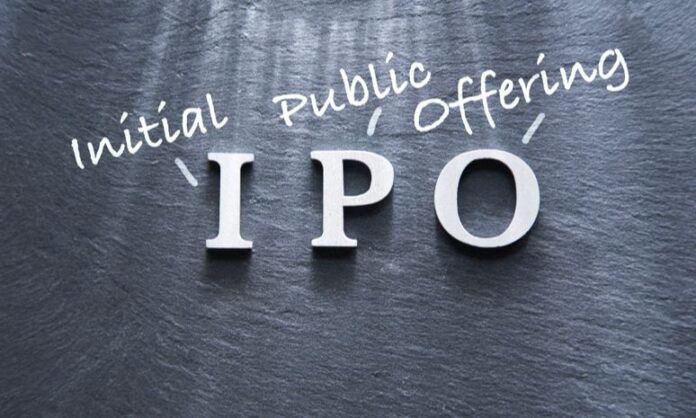Initial Public Offering can draw a lot of excitement, but those looking to buy in should re-evaluate their decision before diving in on an upcoming IPO stock. Some of these stocks can sometimes improve after their unveiling.
A good example is SelectQuote (ticker: SLQT), which surged by more than 30% during the first week alone. However, most of them always never rally. Notably, a considerable number of stocks falter after their IPOs.
IPOs aren’t always good investments.
According to Connor Browne, the portfolio manager for Thornburg Investment Management, Investors who are looking into purchasing an IPO are highly encouraged to evaluate how a given stock fits as it relates to their asset allocation plus risk profiles. Therefore, prior to jumping in on the next IPO, here are a few important reasons you should take a step back and evaluate your decision.
Standard investors cannot purchase at the initial price
The “I”, in IPO, doesn’t necessarily mean that it’s open to every investor initially. The actual price goes to lucky investors who came across the deal early. According to a recognized financial strategy advisor, David Schneider, with the exception of the major clients at a brokerage company, standard investors are incapable of buying at the “initial” asking price since they don’t have access to them. He further affirms that highly profitable IPOs are extremely hard to come by for average investors.
IPOs can potentially underperform benchmarks.
Schneider quotes from a recently published report, thanks to Dimensional Fund Advisors, which indicates low performance by IPOs. After analyzing the yearly performances of over 6,000 IPOs in the United States, which date back from 1991 to 2018, Dimensional Fund Advisors realized that almost all of these stocks tend to operate below a given benchmark by the industry.
He goes on to say that from a general point of view, it seems that IPOs do not perform much better compared to other investment options in the stock market while controlling for the appropriate risk factors. On rare occasions, an investor can potentially get a heads up from a company to purchase a very attractive stock that’s highly anticipated and oversubscribed in the market. But then again, an average investor cannot gain access to these types of shares.
Emotions can overcrowd reasoning
Popular consumer trends can tremendously sway the opinions and decisions of most IPO buyers. Retail investors seemingly get over excited sometimes, especially with the prospects of a high-rated IPO. This gets even worse if the stock is touching on tech names.
The fear of missing out takes hold and misleads reason on a trending investment. A good example would be DoorDash, a company that has significantly grown in demand, especially during the Covid-19 pandemic.
People need to clearly understand how to tell if a certain trend happens to be a fad or something that’s reliable in the long run. This is according to Jerry Raio, the managing director as well as the founder of capital markets at ClickIPO Holdings.
How will the trend behave in terms of popularity and performance within the next six months? That’s one of the main questions people need to answer before investing in an IPO, he adds.
Buying IPO stock with SoFi
All things considered, buying IPO stock with SoFi gives investors a boost with exceptional opportunities to purchase IPOs or SPACs at the initial asking price.
Opportunities such as these are only available to institutional buyers such as hedge funds, mutual funds, and high-net-worth players. Fortunately, however, they allocate these unique investment possibilities for members only. According to the experts at SoFi, the IPO price is the price at which shares of a company are set before they are sold on a stock exchange
Interested investors that are yet to enroll with SoFi can join by simply signing up with SoFi Invest. Once the account is active and they have finished downloading the app, they can proceed to invest.






















